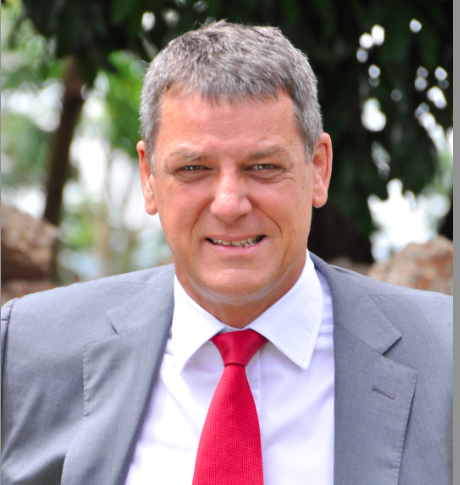World Bank’s “Doing Business” ranking released at the end of October placed Kenya on a commanding 5th position among Sub-Saharan African countries.
Even more impressive, Kenya jumped 21 positions, from 113th to 92nd, in the overall ranking, making Kenya the most rapidly improving country in Africa and one of the three fastest improving globally.
The county gained 20+ places in its global ranking in starting a business, getting electricity, protecting minority Investors and resolving insolvency.
“Many of the areas of improvement – such as dealing with construction permits and registering property – are of vital importance to us and increase our appetite for further investment,” said Rendeavour Founder and Chief Executive Officer Stephen Jennings.
Also Read; Barclays sees Resilience in a Challenging Economic Environment
Speaking at the Nairobi International Arbitration Conference held recently in Nairobi, Mr. Jennings noted that one area Kenya did not improve on in the World Bank ease of doing business ranking was enforcing contracts.
“Efficient contract enforcement is critical for the business climate. It contributes to economic development by reducing costs, delays and uncertainty. It also improves access to credit and increases trade. Foreign Direct Investment and investor confidence in a county are influenced directly by the enforceability of contracts in that jurisdiction and this is where the government should lay more emphasis going forward,” he said.
On average, across the 11 Kenyan counties surveyed by the Bank, resolving a commercial dispute takes 427 days and costs almost 40% of the claim value. In terms of cost, enforcing contracts is nearly three times as expensive in Kenya as it is in Tanzania, although 10% less costly than the average Sub-Saharan Africa average.
He, however, commended the government decisive role in improving the business climate in Kenya and making the lives of foreign and domestic investors considerably easier.
“The judiciary in Kenya has shown some improvement, but there are a number of areas requiring further reform including enforcing rules to limit adjournments, establishing a mediation culture, and expanding court automation to magistrates’ courts,” Mr. Jennings added.



